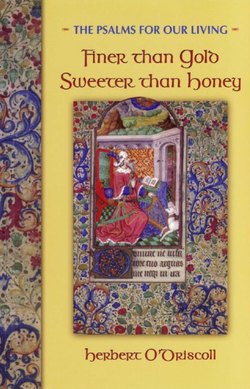Читать книгу The Psalms - Herbert O'Driscoll - Страница 8
На сайте Литреса книга снята с продажи.
ОглавлениеPsalm 1
The Lord knows the way of the righteous,
but the way of the wicked is doomed.
The world of the psalms is one where, most of the time, the modern Western mind can feel at home. All the things of human experience exist somewhere in the psalms. Joy, sadness, fear, anger, terror, depression, hopelessness, trust—all are here. But there are moments when we can be brought up sharply, as we realize that some things in this world of the psalms are not altogether to our liking.
“Happy are they who have not walked in the counsel of the wicked … The wicked … are like chaff which the wind blows away … The Lord knows the way of the righteous.” We are immediately in a black and white world. Between the wicked and the righteous there are no gradations. We are either with one or the other.
We find this troubling. We have become loathe to label people with such ease. Defining what is wicked or righteous is more complex for us. We ask to know more. We wish to probe the motivation behind the act, to see its total context, framed by what we know of the person. We may acknowledge a particular action to be wicked but still refuse to apply that label to the person. We see life in shades of grey. The psalms challenge this. “The wicked shall not stand upright when judgement comes.”
The gift of this psalm is precisely in its challenge to us. It forces us to dialogue with it. We are a generation affected deeply by the many psychologies of our time, nervous about making what we currently call value judgements. But the end of a terrible century is reminding us of the reality of evil and wickedness, whether personal or corporate.
We are becoming aware that decisions and actions are cumulative, leading us gradually toward what the psalm calls wickedness or righteousness. Repetition will eventually shape us. The psalmist seems to recognize the reality of this process in such phrases as “walked in the counsel of the wicked” or “lingered in the way of sinners.”
This psalm probes most deeply into our modern consciousness in the three words “when judgement comes.” For the psalmist this is a matter not of “if” but of “when.” Already the psalms have jolted us into paying attention.
Recall an action that you could label “bad.” What false “good” could the perpetrator(s) have imagined resulting? What genuine good could you imagine resulting, perhaps indirectly? Ask God to inspire all people to seek the will of God in all things.
